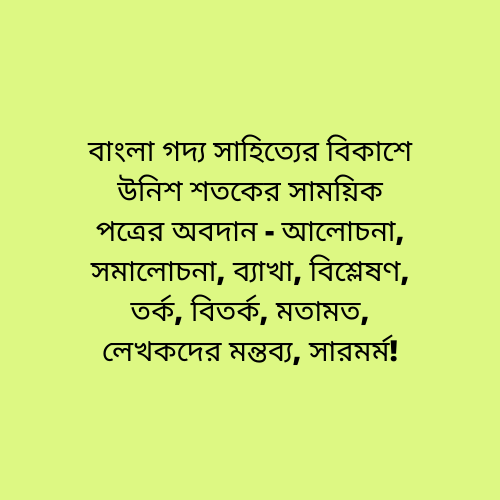1. **Old English Literature (c. 450-1066):**
- Old English literature emerged during the Anglo-Saxon period, characterized by the Germanic tribes' settlement in Britain after the departure of the Romans. The most notable work from this period is "Beowulf," an epic poem that tells the story of a hero's battles against monsters and dragons.
2. **Middle English Literature (c. 1066-1500):**
- The Middle English period began with the Norman Conquest of England in 1066. Literature during this time saw a blending of Anglo-Saxon and Norman-French influences. Geoffrey Chaucer's "The Canterbury Tales" stands out as a masterpiece of Middle English literature, featuring a diverse cast of characters on a pilgrimage to Canterbury.
3. **Renaissance (c. 1500-1660):**
- The Renaissance brought a renewed interest in classical learning and humanism. William Shakespeare, often regarded as the greatest playwright in the English language, produced a vast body of work during this period, including tragedies like "Hamlet" and comedies like "A Midsummer Night's Dream."
4. **17th Century (c. 1603-1700):**
- The 17th century saw the rise of metaphysical poetry, characterized by elaborate metaphors and intellectual exploration. John Donne's metaphysical poems, such as "The Flea" and "A Valediction: Forbidding Mourning," exemplify this style.
5. **18th Century (c. 1700-1800):**
- The 18th century was marked by the Age of Enlightenment, a period of intellectual and philosophical advancement. Satire was popular during this time, with Jonathan Swift's "Gulliver's Travels" offering a biting critique of society.
6. **Romanticism (c. 1780-1830):**
- Romanticism emphasized emotion, nature, and the individual's imagination. William Wordsworth's poetry celebrated the beauty of the natural world, while Samuel Taylor Coleridge's "The Rime of the Ancient Mariner" explored supernatural themes.
7. **Victorian Literature (c. 1837-1901):**
- The Victorian era was characterized by industrialization, social change, and imperial expansion. Charles Dickens's novels, such as "Great Expectations" and "Oliver Twist," vividly depicted the social conditions of the time.
8. **Modernism (c. 1900-1945):**
- Modernist literature rejected traditional forms and experimented with new narrative techniques. James Joyce's "Ulysses" is celebrated for its stream-of-consciousness style, while T.S. Eliot's "The Waste Land" reflects the disillusionment of the post-World War I era.
9. **Postmodernism (c. 1945-present):**
- Postmodern literature is characterized by its skepticism of grand narratives and emphasis on fragmented narratives and intertextuality. Authors like Thomas Pynchon ("Gravity's Rainbow") and Don DeLillo ("White Noise") exemplify this style.
10. **Contemporary Literature (c. 21st century-present):**
- Contemporary literature encompasses a wide range of styles and genres, reflecting the diverse cultural landscape of the modern world. Authors like J.K. Rowling ("Harry Potter" series), Chimamanda Ngozi Adichie ("Half of a Yellow Sun"), and Haruki Murakami ("Norwegian Wood") have gained international acclaim for their works.
Each period of English literature reflects the cultural, social, and political contexts of its time, making it a fascinating subject of study for scholars and enthusiasts alike.






.png)
.png)

.png)


.png)
